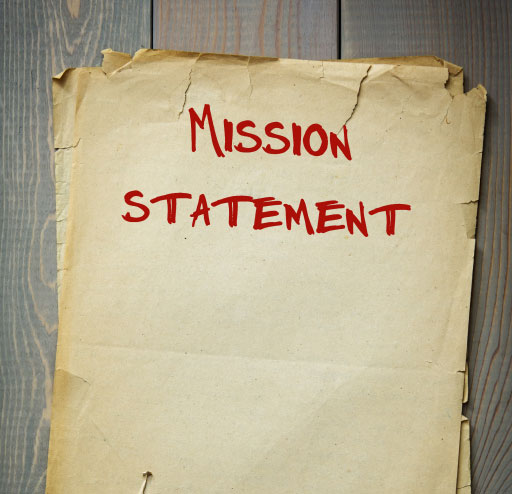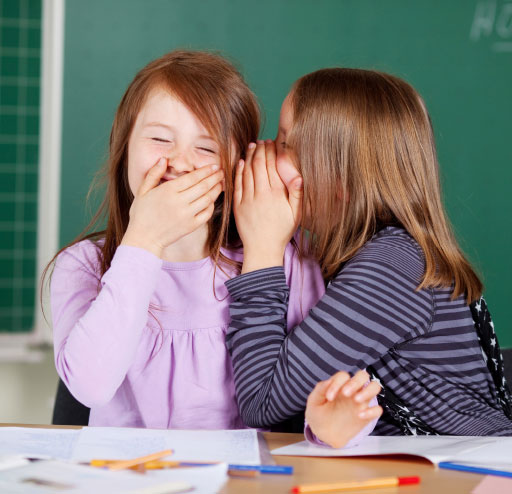
Download a printable copy of this article (PDF 267KB)
- Define the collaborative and competitive components of your school.
- Let competitive systems teach the competitive behaviours.
- Let collaborative systems teach the collaborative behaviours.
- Avoid combining the two systems.
- Enjoy the full benefits of healthy emotional development.
I’ve never really understood the expression “You can’t have your cake and eat it too.” What is the point of a cake that you can’t or won’t eat? In fact, the whole notion that only one pleasurable, effective or enjoyable choice should be available seems unfair to me.
The expression came to mind recently as I drove in my car listening to an hour-long talkback radio debate about a school that had banned ribbons from being handed out at the local sports day.
“All the world is Birthday Cake, so take a piece. But not too much!”
– George Harrison
Various callers lamented political correctness gone mad in our schools and blamed this policy for the raising of a generation of soft students who don’t know how to lose, fail or bounce back from adversity with a determination to win a ribbon the next year. They contend that the world is a competitive place and that children will have no chance of succeeding without knowing that competition produces winners and losers.
Others rang in with case studies of children who had slipped into temporary bouts of depression, destructive self-talk, anxiety and self-loathing when they failed to win a ribbon or perform to personal or parental and carer expectations.
They argued that schools should be places where children feel safe, valued and unjudged for physical talents that they control no more than the other genetic cards they’ve been dealt.
They contend that the world demands creativity and collaborative aptitude and that children will have no chance of succeeding if they know only how to knock an opponent down in the pursuit of personal victory.
This need not be a binary debate.
Competitive systems, like most sports, are designed to produce an outcome. The score will always reveal a winner and a loser. It is true that students need to learn
to deal with both through lenses of sportsmanship, personal best, grace and resilience. Competitive systems, by their nature, are great teachers of these critical social capabilities and, through the establishment of age or ability appropriate rules, are perfectly positioned to ensure that adults can support children to experience all that competitive systems have to offer.
Competitive behaviours like determination, singular focus and persistence are prized, learned, cultivated and rewarded in competitive systems – and there’s little wrong with having a scoreboard, a timer, a tape measure or a placing ribbon available to demonstrate individual or collective progress. Games are highly motivating due to the goals, rules and feedback inherent in all good ones. It makes perfect sense that eliminating feedback might undermine the whole system’s purpose.
Collaborative systems such as classrooms are different. They are environments where there is no place for competitive behaviours. In the learning environment safety, comfort, collaboration, cooperation, creativity and good citizenship should be highly valued. This is the reason that tables and house points rarely have a positive impact on behaviour in the long-term. When we try to blend collaborative environments with competitive strategies, desired collaborative behaviours like manners, kindness, helping out and positive affirmations are over-ridden by competitive behaviours.
My rule of thumb is simple. If it looks like sport – then let it be sport. Hand out ribbons, celebrate the winners, keep score, encourage them to acknowledge those they defeat graciously, hand out trophies, engrave cups and give three cheers to the umpires.
If it looks like learning – then let it be learning. Reward collaboration, relationship building, working together, getting along, problem solving, deep discussion, open ended explorations, progress, inquiry and collective achievement.
Students deserve the benefits of both competitive and collaborative systems. Is it really effective to pick a side and to blur the line between two valuable and undeniable components of the real world? Is it possible that we can have our cake and eat it too?







